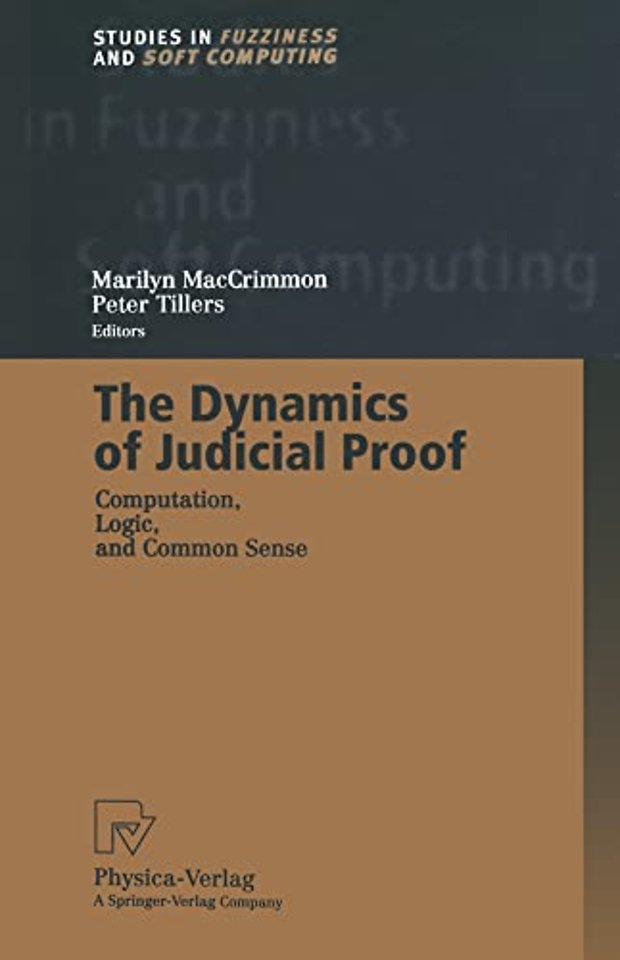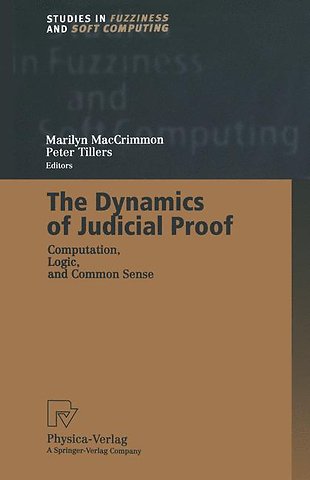The Dynamics of Judicial Proof
Computation, Logic, and Common Sense
Samenvatting
Fact finding in judicial proceedings is a dynamic process. This collection of papers considers whether computational methods or other formal logical methods developed in disciplines such as artificial intelligence, decision theory, and probability theory can facilitate the study and management of dynamic evidentiary and inferential processes in litigation. The papers gathered here have several epicenters, including (i) the dynamics of judicial proof, (ii) the relationship between artificial intelligence or formal analysis and "common sense," (iii) the logic of factual inference, including (a) the relationship between causality and inference and (b) the relationship between language and factual inference, (iv) the logic of discovery, including the role of abduction and serendipity in the process of investigation and proof of factual matters, and (v) the relationship between decision and inference.
Specificaties
Inhoudsopgave
Net verschenen
Rubrieken
- aanbestedingsrecht
- aansprakelijkheids- en verzekeringsrecht
- accountancy
- algemeen juridisch
- arbeidsrecht
- bank- en effectenrecht
- bestuursrecht
- bouwrecht
- burgerlijk recht en procesrecht
- europees-internationaal recht
- fiscaal recht
- gezondheidsrecht
- insolventierecht
- intellectuele eigendom en ict-recht
- management
- mens en maatschappij
- milieu- en omgevingsrecht
- notarieel recht
- ondernemingsrecht
- pensioenrecht
- personen- en familierecht
- sociale zekerheidsrecht
- staatsrecht
- strafrecht en criminologie
- vastgoed- en huurrecht
- vreemdelingenrecht

